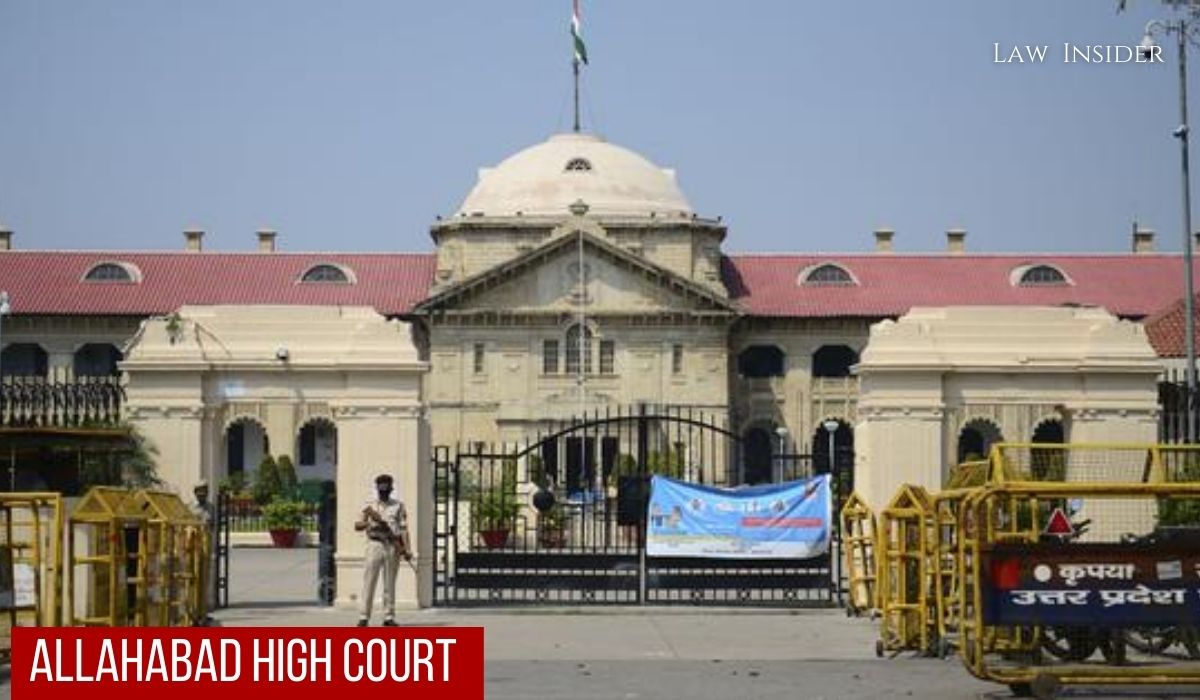Aastha Thakur
Published on: 28 October 2022 at 18:35 IST
The Allahabad High Court ruled that, in terms of investigation done by the investigating officers, Section 149 of the Indian Penal Code is the most misused and misinterpreted provision of modern times.
The Single judge Bench of Justice Siddharth noted so while handling the bail matter of accused arrested for offence under Section 149 of IPC. However, on analysing the matter court was unable to find anything incriminating enough to convict him under this Section. The court was of idea that nowadays Investigating Officer apply Section 149 of IPC as per their understanding.
Background of Case
The applicant here was accused of attempted murder under Section 307 IPC, rioting armed with deadly weapons under Section 148 IPC and constituting an illegal assembly for the prosecution of a common object of murder u/s 149 of IPC.
As now, when the accused approached the court seeking bail, the court happened to notice that, by looking at the case, the accused persons had not in fact had the common intention of causing the murder of the deceased, because the dispute took place all of a sudden, hence failing to fulfil one of the prerequisite requirements under Section 149 of the IPC.
The Court further noted that even when the requirements of the section were not met, the police were still found to have linked the accused in many of these cases under this IPC provision.
The Bench further stated that it is very difficult to conduct a free and impartial investigation of a crime or case due to the influence of money, which is quite obvious in this particular case.
“Section 149 IPC is the most misused and misinterpreted provisions of the present times”
Highlighting this statement, the Court states that formation of unlawful assembly, having its common object and knowledge of the common object, are material facts needs to be proved by the prosecution beyond any reasonable doubts.
Furthermore, the court reiterated the three essentials’ elements to bring the offence home under Section 149 of IPC:
(i) there must be unlawful assembly;
(ii) commission of offence may be by any member of unlawful assembly;
(iii) such offence must have been committed in prosecution of the common object of the assembly or must be such as a member of the assembly knew to be likely to be committed.
Notably, the Court also emphasised that although though this clause addresses the idea of constructive accountability, it should not be interpreted in a way that implies guilt when none exists.
Implying the above given pre requisite in present case, the Court observes that the prima facie third requirement for an offence under Section 149 IPC was not satisfied. Therefore, granting bail to the Accused, the Court made the following remark:
“The allegations clearly prove that a dispute took place all of a sudden regarding the parking of a car and from the allegations on record it does not appears that all the accused persons had a common object of causing the murder of the deceased and attempt to murder of his brother and had formed unlawful assembly knowing that such offence is likely to be committed.“
The Court further noted that it has observed several bail cases where the elements constituting an offence under Section 149 I.P.C. were clearly made but the accused was not implicated under Section 149 I.P.C., noting that in the instant case the offence under Section 149 IPC was not made out against the accused.
Keeping this view, the HC added a short note of caution for the judges that in such instances, the prosecution case should be able to assure that all the direct and indirect facts lead to a common share of knowledge, otherwise they should not implicate the accused.
Case title – Sanjeev @ Kallu Sethiya v. State of U.P.

